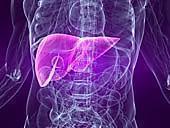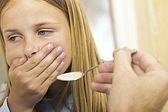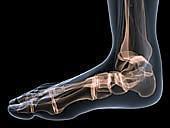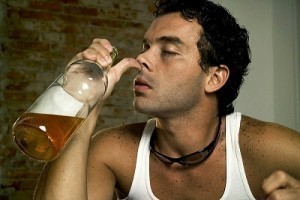What Causes Hangovers?
Definition
A hangover describes the sum of unpleasant physiological effects following heavy consumption of alcoholic beverages. The most commonly reported characteristics of a hangover include headache, nausea, sensitivity to light and noise, lethargy, dysphoria, diarrhea and thirst. A hangover may also induce psychological symptoms including heightened feelings of depression and anxiety.
Causes of hangovers
Dehydration
Alcohol is a diuretic, i.e. a drug that increases urination and flushes fluids from the body. Drinking coffee the next morning only increases this problem as coffee is also a diuretic. Dehydration also causes fluids in the brain to decrease. This can be mitigated by drinking water after consumption of alcohol. Alcohol’s effect on the stomach lining can account for nausea.
Mild poisons in the drink
Complex organic molecules such as methanol and acetone are found in some drinks and are said to be responsible for hangovers rather than ethanol (alcohol).
Another factor contributing to a hangover are the products from the breakdown of ethanol via liver enzymes. Ethanol is converted to acetaldehyde by the enzyme alcohol dehydrogenase, and then from acetaldehyde to acetic acid by the enzyme acetaldehyde dehydrogenase. Acetaldehyde (ethanal) is between 10 and 30 times more toxic than alcohol itself, as well as being cocarcinogenic (not carcinogenic solely by itself) and mutagenic.
Which Alcohol is worse?
Brandy is worst cause of hangovers, then in descending order: red wine, rum, whisky, white wine, gin and vodka. The British Medical Journal did tests that showed drinking bourbon whiskey is twice more likely to cause a hangover than the same amount of vodka.
Too much alcohol
Too much alcohol depletes the body of necessary substances required to stay healthy, these include blood sugar, vitamins and minerals.
Wine – a bad harvest
If you are drinking wine that comes from a country where a small change in the climate can make a big difference to the quality of wine, e.g. France, Germany, New Zealand, then in a bad season the wine contains many more substances that cause hangovers.
Wine – drinking it too young
Almost all red wines and chardonnay are matured in oak barrels so that they will cure. If you drink this wine younger than three years there will be a higher level of nasties that can cause hangovers. If left to mature these nasties change to neutral substances and don’t cause hangovers. As a rule of thumb wine stored in oak barrels for six months should be acceptable to drink within the first year. If the wine is stored for twelve months or more in oak barrels it should then be left for at least four years. Some winemakers have been known to add oak chips directly into the wine to enhance flavours, especially in a bad season, and this can take years to become neutral.






